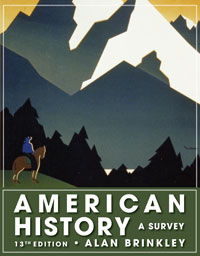1 A) True B) False 2 A) True B) False 3 A) True B) False 4 A) True B) False 5 A) True B) False 6 Brown v. Board of Education of Topeka decision on school integration was not popular with most white southerners, most southern states and school districts bowed to pressure from the Eisenhower administration and implemented the ruling within about three years.A) True B) False 7 A) True B) False 8 A) True B) False 9 A) True B) False 10 A) True B) False 11 A) True B) False 12 A) True B) False 13 A) True B) False 14 A) True B) False 15 A) True B) False





